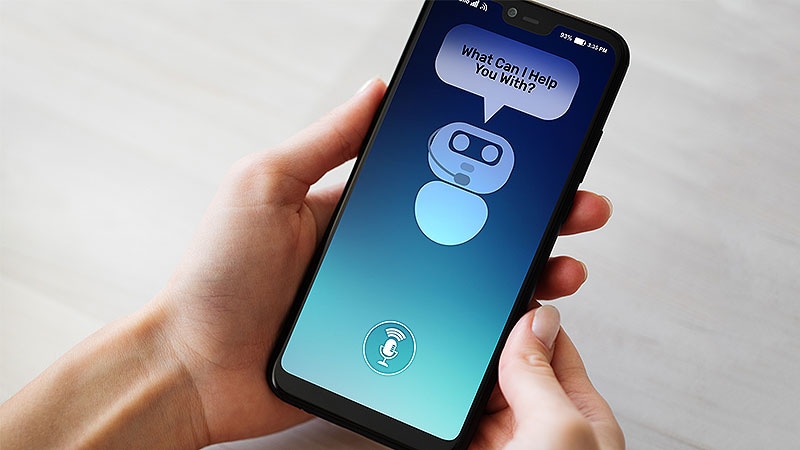핵심 개념
AI chatbot ChatGPT is revolutionizing medical practices.
초록
Artificial intelligence, specifically the AI chatbot ChatGPT, is increasingly being integrated into medical practices to enhance patient interactions and streamline operational processes. The content highlights the growing popularity of ChatGPT in the medical field and prompts readers to consider the implications of using AI in their practice.
- Introduction to AI in everyday medical interactions.
- ChatGPT's role in streamlining medical practice and patient interactions.
- Prompt for reader feedback on AI integration in medical practice.
요약 맞춤 설정
AI로 다시 쓰기
인용 생성
소스 번역
다른 언어로
마인드맵 생성
소스 콘텐츠 기반
소스 방문
www.medscape.com
Is ChatGPT an Effective Tool in Medicine?
통계
"AI chatbot ChatGPT is growing in popularity in the medical field"
인용구
"Artificial intelligence is finding its way into our everyday lives and, in some cases, the way we interact with patients in collecting or disseminating medical information."

더 깊은 질문
How can AI like ChatGPT improve patient care beyond streamlining processes?
AI like ChatGPT can improve patient care by providing quick and accurate responses to patient inquiries, which can lead to better patient education and understanding of their conditions. Chatbots can also offer 24/7 support, ensuring that patients have access to information and assistance whenever they need it. Additionally, AI can help in monitoring patient progress, flagging any concerning trends or symptoms that may require immediate attention. This proactive approach can lead to early intervention and improved patient outcomes.
What are the potential drawbacks of relying heavily on AI in medical practice?
While AI can offer numerous benefits, there are potential drawbacks to relying heavily on it in medical practice. One major concern is the risk of errors or inaccuracies in diagnosis or treatment recommendations. AI systems may not always consider the full clinical picture or nuances of a patient's condition, leading to misinterpretations or incorrect decisions. Another drawback is the potential loss of the human touch in patient care. Patients may feel disconnected or uncomfortable interacting with AI systems, missing the empathy and understanding that human healthcare providers can offer. Moreover, there are concerns about data privacy and security when using AI systems to store and analyze sensitive patient information.
How can AI contribute to personalized medicine in the future?
AI has the potential to revolutionize personalized medicine by analyzing vast amounts of data to tailor treatments to individual patients. Through machine learning algorithms, AI can identify patterns and correlations in patient data that human providers may overlook. This can lead to more accurate diagnoses, treatment plans, and medication recommendations based on a patient's unique genetic makeup, lifestyle, and medical history. AI can also help predict how patients will respond to certain treatments, allowing for more personalized and effective care. By integrating AI into healthcare systems, providers can deliver precision medicine that is customized to each patient's specific needs and characteristics.
0
